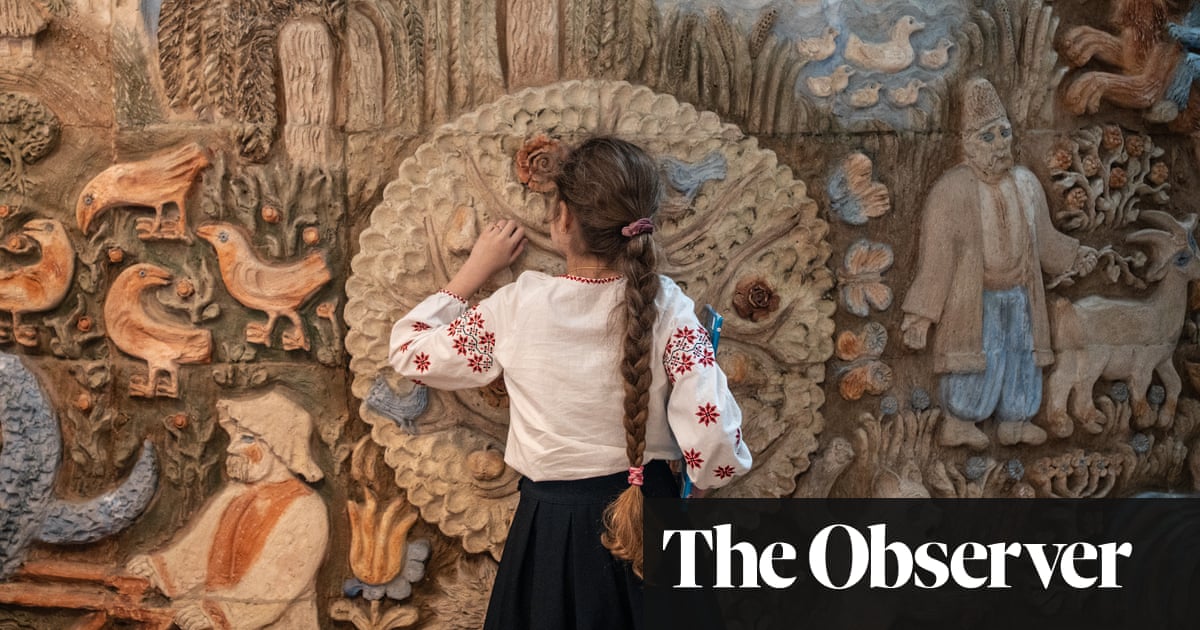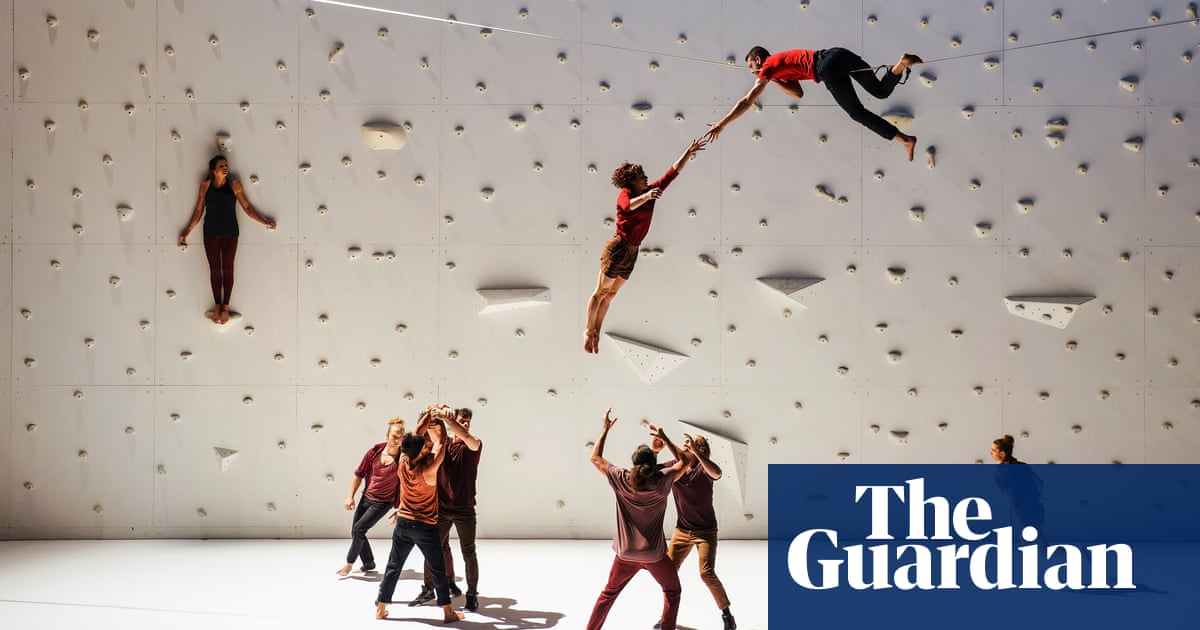
Sharatoon had wanted to continue her studies, but she had to leave school and her beloved books when she got married aged 15.
Now 27, Sharatoon is happy reading again, as every Friday a camel visits her small town, his saddle panniers full of books.
She has four children, the eldest is 11, the youngest 18 months, and she reads to them all, as well as to other children in the town.
Every week, when Roshan the camel comes to her home in Mand, about 12 miles from the border with Iran, in Pakistan’s Balochistan province, Sharatoon exchanges the books she borrowed for new ones.
“When the camel came to our area for the first time, the kids were very happy and excited. Schools have long been closed in our area due to Covid and we do not have any libraries, so this was welcomed by all the kids,” says Sharatoon, who uses only one name.
Balochistan is Pakistan’s most impoverished province, blighted by a separatist insurgency for the past two decades. With a 24% female literacy rate, one of the lowest in the world, compared with a male literacy rate of 56%, it also has the highest percentage of children out of school in the country.
Roshan visits four villages, staying in each at the home of a “mobiliser” such as Sharatoon, where all the district children aged four to 16 can come to read, borrow and exchange books with one another.
“Parents and kids are excited. It is giving hope to many that they can read, and the staff members also work on mobilisation so more outreach can be done,” says Fazul Bashir, a coordinator for the library.
When Covid closed the schools across Balochistan, two women in Mand – Zubaida Jalal, a federal minister in the Pakistan government, and her sister Rahima Jalal, headteacher of a local high school – came up with the idea of a camel.
“Actually, the idea of using camels comes from Mongolia and Ethiopia,” says Rahima. “It suits our desolate, distant and rough terrains. We have received an enormous response that we were not expecting.”
The books are donated by Alif Laila Book Bus Society in Lahore, which operates mobile ricksaw libraries in the city.
The trial of the camel library has gone well and it is about to begin its next three months of rounds.
Sharatoon says: “Kids are eagerly waiting; they want to read books and keep asking me [about it]. There should be more science-related books so our kids can learn by experimentation.”
The Jalal sisters say there has been a lot of interest in the scheme from other areas, and they have just started a library in the city district of Gwadar, Balochistan, with a camel called Chirag.
Anas Syed Mohammad is a 10-year-old 4th-grade student in the town of Abdul Rahim Bazar, about 30 miles from the city of Gwadar.
Since the camel library started visiting three weeks ago, Mohammad has read a different book each time. “I loved reading Khazane Ki Talaash (In Search of Treasure). I discuss these books with my friends,” he says.
Chirag visits five towns each week accompanied by his handler and Ismail Yaqoob, a volunteer and teacher. One day, when Yaqoob went to work in his school instead of the village, he got a call on his mobile from one of the children.
“He asked me why I had not come along with the camel. They were waiting for books,” says Yaqoob. “Children are so interested in reading and in their studies, but sadly the state does not invest in education.”
Jawad Ali, 10, who has ambitions to be a teacher, has also started borrowing books from the camel library. He says: “I am learning new things from these books and reading stories, understanding photo stories. But I want to read more books. The books are written in my native language – Balochi – but in English and Urdu as well. We want more books – and libraries and schools, too.”












